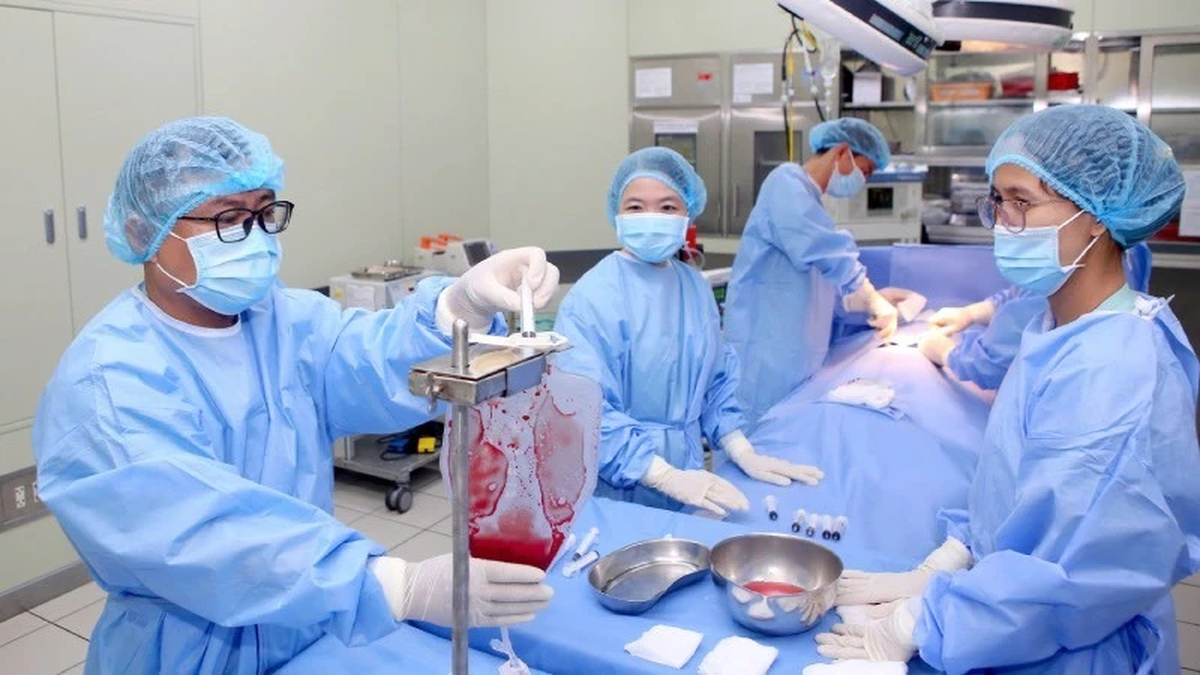1. Treating neck and shoulder pain with medication
Neck and shoulder pain is a common condition and is often the result of muscle strains or sprains from sports , overexertion or poor posture, dislocations, fractures of the neck or upper arm bones, or pinched nerves (also known as radiculopathy).
Neck and shoulder pain can range from mild to severe and include: Tingling, muscle stiffness, spasms, and aching. In some cases, neck and shoulder pain can be a sign of heart attack and stroke.
In case the neck and shoulder pain persists and does not subside, some pain relief medications should be used:
1.1 Oral medication
- Pain relievers: Acetaminophen (paracetamol) is often recommended as the first medication to try if you have short-term pain.
However, when abused or overused, acetaminophen toxicity can quickly lead to liver damage. Therefore, acetaminophen should not be used in excess of 4g per day.
- Nonsteroidal anti-inflammatory drugs (NSAIDs) such as ibuprofen or naproxen, aspirin relieve pain and reduce swelling by inhibiting the body's inflammatory response.
This group can cause side effects: Stomach bleeding, stomach pain, high blood pressure, water retention, indigestion, headache, dizziness, drowsiness...

Neck and shoulder pain often causes discomfort and pain for the patient.
Note that alcohol should be limited or avoided when using NSAIDs, as this combination of drugs can irritate the intestines and increase the risk of bleeding in the stomach. Long-term or high-dose use of NSAIDs can also lead to peptic ulcers.
In addition, people who are allergic to NSAIDs, have asthma, are pregnant or breastfeeding, or have heart disease should avoid using these drugs or use them only as directed by a doctor.
- Pain relievers with neurological causes: Antidepressants (amitriptyline, fluoxetine, paroxetine, sertraline, etc.), anticonvulsants (gabapentin, phenytoin, etc.), nerve blockers (bupivacaine, etc.) are often chosen to treat neck and shoulder pain caused by nerve compression or nerve disorders. This group of drugs works by interfering with the way the brain receives or interprets pain signals or by blocking pain signals sent from irritated nerves.
Common side effects of the drug include anxiety, restlessness, drowsiness, dry mouth and weight gain…
Note: Use medication only when advised by a doctor.
1.2. Topical medications
Some pain relievers can be applied directly to the skin, at the site of pain, as gels and creams, which are useful for short-term pain relief.
Topical pain relievers often contain NSAIDs such as diclofenac or piroxicam. These medications work by reducing inflammation and swelling. Topical medications have fewer side effects than oral medications. Capsaicin, an extract from chili peppers, is sometimes used in topical pain relievers for things like neck and shoulder pain.

Using medicine to treat neck and shoulder pain must follow the doctor's instructions.
1.3 Corticosteroid injections
Local corticosteroid injections may be used to relieve neck and shoulder pain in some cases, especially shoulder arthritis. The medication works quickly, so it can treat pain quickly.
Corticoid injections can also cause some side effects such as: Osteoporosis and bone fractures in long-term users, muscle atrophy, weakness, nausea, vomiting, diarrhea, slow growth in children when used for a long time, infections, cataracts, sleep disorders, anxiety, mental disorders...
Note:
- Corticosteroid injections should only be used after other treatments have failed.
- Do not inject into patients with severe arthritis, people with blood problems (hemophilia) or are taking anticoagulants (such as warfarin).
- Do not inject corticosteroids regularly because it will increase the risk of weakening bones and soft tissue at the injection site.
- Patients with high blood pressure, type 2 diabetes or open wounds should consult their doctor before receiving corticosteroid injections.

Local corticosteroid injections may be used for neck and shoulder pain in some cases.
1.4 Muscle relaxants
Muscle relaxants act directly on the central nervous system, helping to calm the patient and block the nerves that signal pain to the brain, helping the neck and shoulder muscles to relax and reduce pain.
Some commonly used drugs: Carisoprodol, cyclobenzaprine, tizanidine, baclofen, methocarbamol...
Some side effects that may occur when taking the drug include: Drowsiness, dizziness and confusion, which can prevent you from thinking clearly and make it unsafe to drive a car or operate machinery.
Note: Muscle relaxants are often prescribed for short-term relief of muscle pain to prevent the patient from becoming dependent on the drug. Therefore, the drug is prescribed for 2-3 weeks. In addition, Supplements may be used to control chronic pain, such as glucosamine or chondroitin.
Alcohol should be limited or avoided while taking NSAIDs, as this combination of drugs can irritate the gut and increase the risk of stomach bleeding. Long-term or high-dose use of NSAIDs can also lead to stomach ulcers.
2. Non-drug treatment
In cases of mild pain, pain can be reduced by:
Apply heat or ice to the affected area:
- Apply an ice pack to your neck and shoulder area for the first 3 days after the pain begins. Wrap the ice pack in a towel and use it for up to 20 minutes, 5 times a day to help reduce swelling.
- Apply heat with a heating pad or warm compress.
- Gently massage the neck and shoulders.
Gentle Exercise: Do gentle stretching and strengthening exercises.
Avoid bad habits that can cause pain:
- Sit in a comfortable position, tilt your head forward, touch your chin to the hollow of your neck, and hold that position for 5 to 10 seconds.
- Slowly tilt your head back, looking up at the ceiling. Hold for 5 to 10 seconds.
- Tilt your head to the right, so that your ear touches your shoulder.
- Keep your shoulders relaxed and hold the position for 5 to 10 seconds.
- Repeat the movement on the left side. Gently turn your head to the right so that your eyes are looking toward your shoulder. Hold your head there for 5 to 10 seconds.
- Repeat the movement on the opposite side.
3. Notes when using medicine
When using drugs to treat neck and shoulder pain, it is important to note:
- Do not use medication without a doctor's prescription, do not use medication prescribed by someone else, and do not reuse old prescriptions.
- Follow the medication instructions of a specialist, do not arbitrarily increase/decrease/stop taking medication without consulting a doctor.
- If you experience any unusual symptoms while taking the medication, you should immediately notify your doctor for timely treatment to avoid possible complications.
- Avoid sports or other activities that may aggravate neck and shoulder pain.
Dr. Hoang Van
Source




























![[Photo] National Assembly Chairman Tran Thanh Man visits Vietnamese Heroic Mother Ta Thi Tran](https://vphoto.vietnam.vn/thumb/1200x675/vietnam/resource/IMAGE/2025/7/20/765c0bd057dd44ad83ab89fe0255b783)











































































Comment (0)